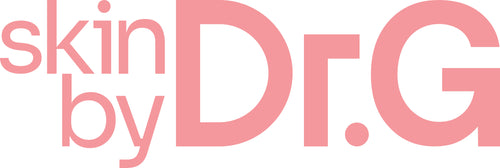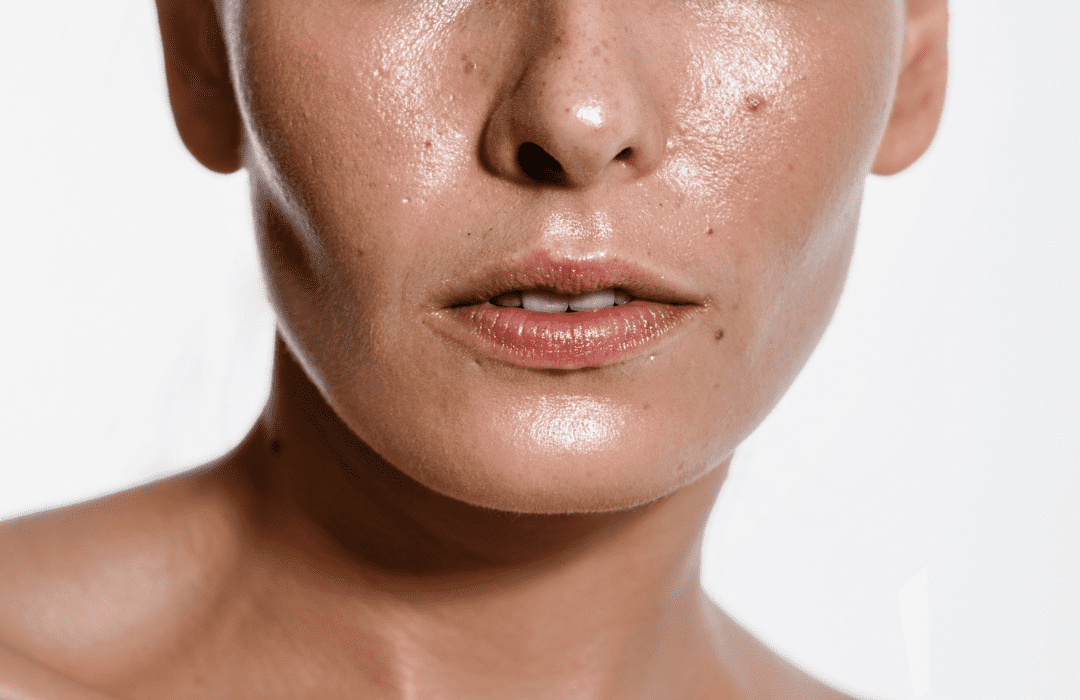Dealing with excessively oily skin? Here’s how to reduce sebum production on the face with these products.
Do you have a greasy sheen to your face and your makeup refuses to stay in place for more than a few hours? Chances are that you are grappling with excessively oily skin. But what causes it? Your oily skin complexion could be an indicator of sebum overproduction in the skin. Dealing with this skin issue can be challenging as you need to balance removing oil without over-drying your skin. Luckily, there are some effective products on the market that can help you regulate sebum production and bid goodbye to the oily sheen. However, before we learn how to reduce sebum production on face with these products, it is critical to understand what sebum is.
What is sebum?
Your skin's sebaceous glands secrete an oily, waxy substance called sebum that is responsible for the oily sheen. But sebum is not the enemy. In fact, it is essential for supporting your skin health because it acts as a barrier, keeps the skin hydrated, and fights off contaminants. The issue occurs when the sebaceous glands become overactive and produce an excessive amount of sebum. Too much sebum production can lead to skin concerns like clogged pores, breakouts, and an oily complexion.
What causes excess sebum production?

Excess sebum production can be triggered by a lot of factors, including:
- Hormones
Did you know that your androgens are responsible for sebum production? Therefore, any fluctuation in your hormone levels, particularly during puberty, menstruation, pregnancy, or disorders like polycystic ovarian syndrome (PCOS), can contribute to excess sebum production.
- Genetics
The amount of sebum your skin produces is also determined by your genetic makeup. If oily skin runs in your family, you are more susceptible to overactive sebaceous glands.
- Stress
Did you know that higher stress levels could be responsible for oily skin? This is because elevated stress levels can trigger the release of cortisol, a hormone that stimulates sebum production.
- Chemical-laden skincare products
If you have oily skin, you might think that the best way to get rid of the oil is to use products loaded with oil-banishing chemicals. But it isn’t entirely true. When you use products that are too harsh or unsuitable for your skin type, your skin could begin to lose its natural oils, which can cause it to overproduce sebum in an attempt to compensate.
How to reduce sebum production on face with these products?
Do you want to balance sebum production without over-drying your skin? Here’s how to reduce sebum production on face with these products:
- Gentle cleanser
If you have oily skin, finding a gentle cleanser that removes excess sebum without stripping off the natural oils is crucial. To keep your pores clear and minimise oiliness, look for cleansers that contain chemicals like benzoyl peroxide or salicylic acid. You can try Dr G Sebum Control Face Wash. It removes the dead skin cells, dirt, and extra oils that clog pores by gently exfoliating your skin.
- Niacinamide serum

If you are struggling with excessively oily skin, you must incorporate a niacinamide serum in your skincare regimen. It prevents the skin from getting overly greasy by regulating the sebum production. Try Dr G B3 Super Serum. Power-packed with antioxidants, this potent serum will regulate sebum production and give you a fresh and rejuvenated complexion.
- Oil-banishing mask

Adding an oil-banishing mask into your skincare routine once or twice a week can help absorb excess sebum and purify your skin. You can try Dr G Glow Mask. Crafted with potent ingredients like vitamin C, glycolic acid, arbutin, rose water, and calamine clay, this detoxifying mask regulates sebum production, removes impurities and dirt by unclogging pores, and improves skin texture.
Do you want to learn more about how to reduce sebum production on face with these products? Book a consultation with me here.


